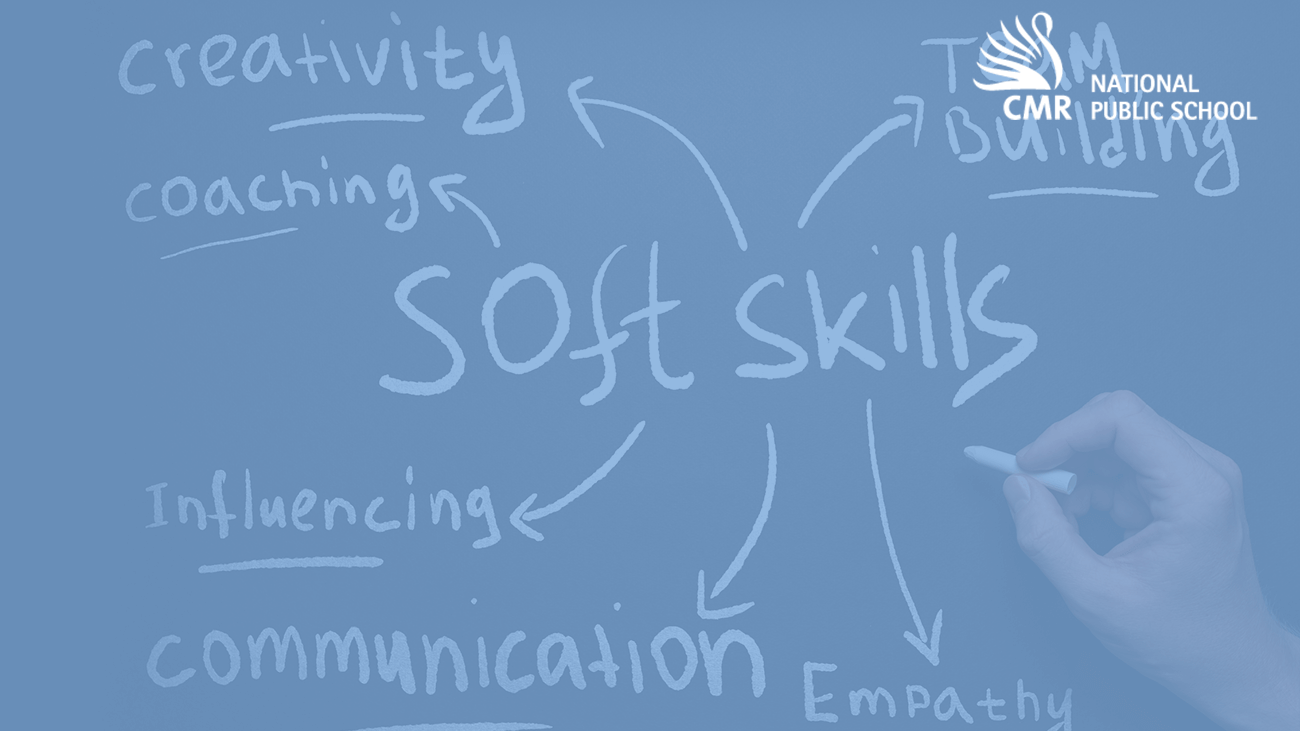If you asked anyone about what makes them happy or what would make them happy, almost all of them would talk about relationships and people in their lives. We all crave relationships where we feel safe, protected, and happy. We want to feel respected in our relationships. These are some of the markers of a healthy relationship for us.
We don’t talk enough about what it means to feel safe in a relationship. This feeling of safety relates to both physical safety and emotional safety. None of us would want to be in a space where we feel there is a possibility of us being hurt. That state creates a sense of guardedness, discomfort, anxiety, and stress. Biologically speaking, our brains are primed to pay attention to feelings of threat and harm. Any signal of that keeps us in a state of alert, leaving little room for anything else. When you see it through this perspective, safety can be viewed as the foundation for any healthy relationship.
Why do these signals of threat arise?They come up because something about a person and/or interaction tells us that we could be hurt at any time. This could be because of the words they’ve used, their actions, or even something about their body language. I’ve heard of so many people who attempt to talk themselves out of these feelings “I was so stupid for feeling that way”, “nothing was wrong”. Doing this bypasses the issue rather than addresses it. It is important to remember that our feelings of safety and discomfort are valid. It is important to pay attention to it.
How do we ensure we are feeling emotionally safe?
- Pay attention to your feeling of discomfort: You don’t have to convince yourself that you are alright. It is okay to not feel okay. Acknowledge it and give yourself space to understand it.
- Look at what you are okay and not okay with: Acknowledge that there are situations, conversations, people that do not make you feel safe. That is alright. Knowing what those are is the first step.
- Set Boundaries: Tell yourself what you are okay with, what you are willing to negotiate with, and what is not okay with you. Once you understand it for yourself, it is easier to set those boundaries with other people.
- Say No: To situations, people, and things that you are not comfortable with. Saying no does not make you a bad person. It means that you are looking at your own safety and comfort at that moment. That is okay.
If you would like to know more about this, you can reach out to your counsellor at https://zfrmz.in/ufr7rZDXzwb4wc81BZPmSelect the option “Student Wellness” to connect with the counsellor.
By, Ms. Anika, School Councellor


